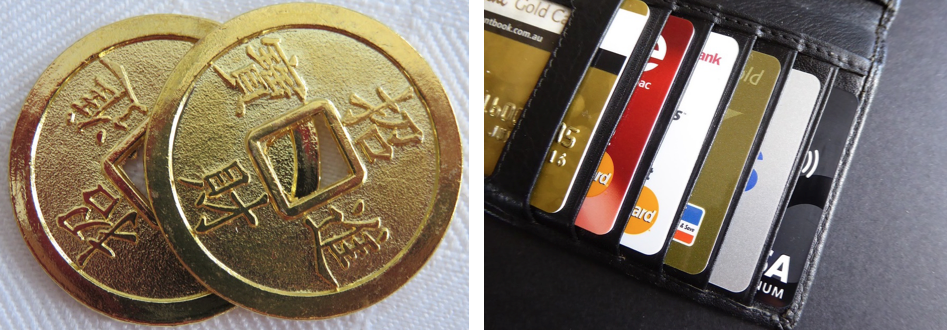Different schools of feng shui
There are many different types and schools of feng shui. Many feng shui schools don’t agree with each other and sometimes they even propose completely conflicting solutions. This is usually because they address different levels of thinking about space and time in different times and places Think about feng shui as a form of art or cooking – no art/cooking style is better than the others – they’re just different expressions of the same function and the form follows the function depending on circumstances. There are universal feng shui truths and there are local/cultural feng shui truths. It’s best to follow a checklist of how to choose a feng shui consultant for your needs, a person-centred feng shui consultant (read about how to choose your feng shui consultant).
There are basically two approaches in feng shui at the moment:
1) Classical feng shui which includes form school and compass school based on ancient Chinese classical feng shui texts.
2) Modern feng shui is an applied feng shui which includes and transcends the classical feng shui and also utilises modern, evidence-based environmental sciences and approaches such as environmental psychology, Sick Building Syndrome (SBS), electromagnetic pollution and radiation, dirty electricity (DR), geopathic stress, ergonomics, cognitive ergonomics, space conditioning (in feng shui called space clearing and clutter management) and more. Evolution of any discipline follows a similar pattern of transcending and including what came before it (not repressing the past, not hating the past, just transcending and including it). Modern feng shui understands and validates classical feng shui contributions and goes beyond and evolves this discipline further into a truly universal and holistic study as well as evidence-based discipline Modern feng shui prehends classical feng shui and makes its a subject of study because only modern feng shui has scientific methods available to study and understand classical feng shui.

